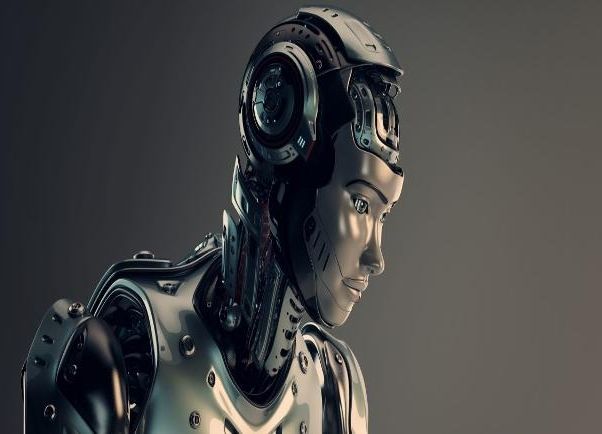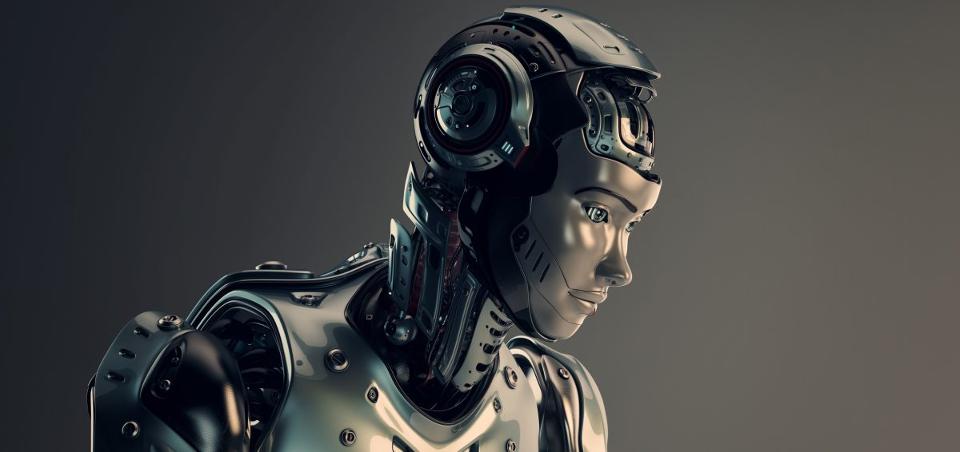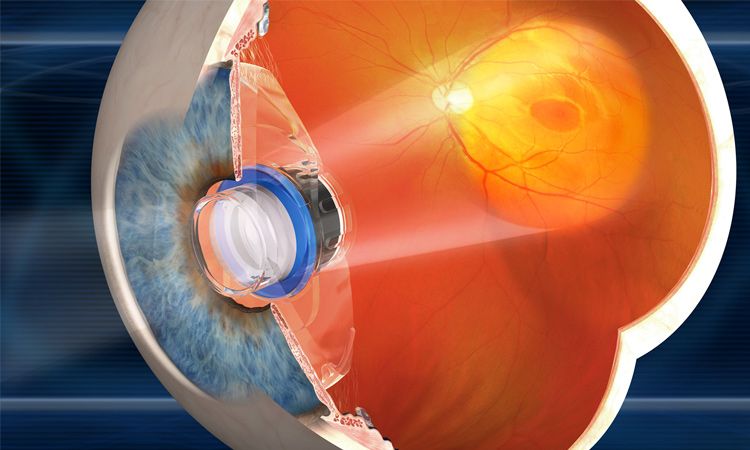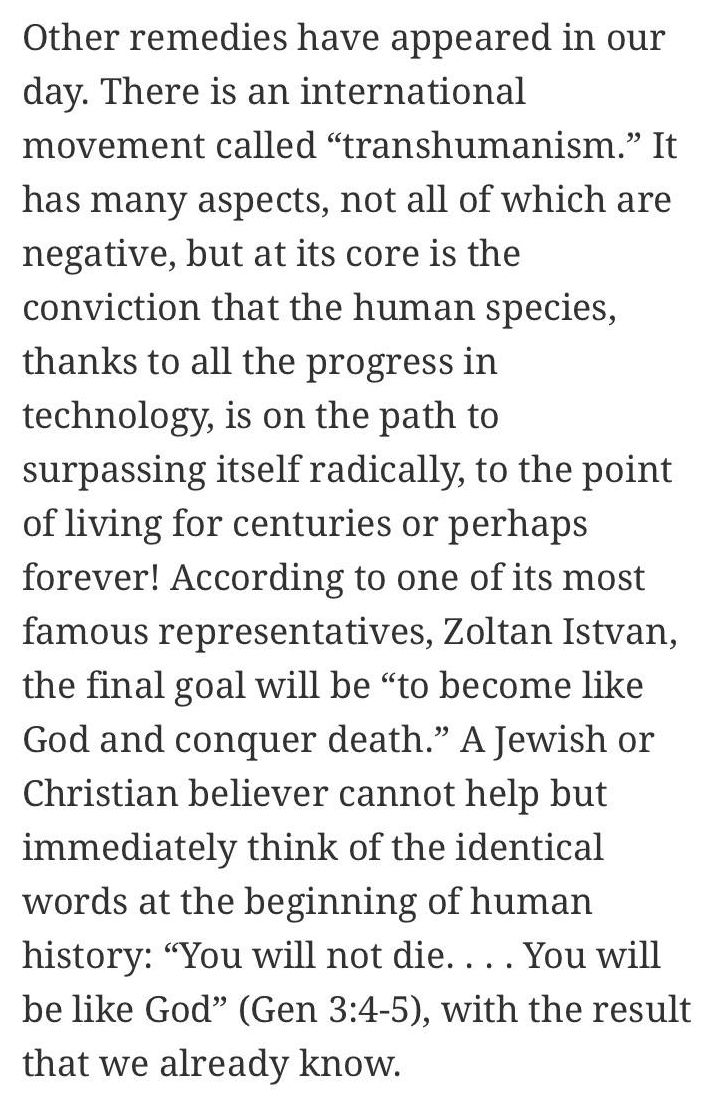Here’s my speech topic at Moogfest on the Immortality Bus and #transhumanism on May 20 at 4:30PM:
View more about this event at Moogfest 2017.


https://youtube.com/watch?v=p2MEaROKjaE
I do not think, at least at first, that any brain interfaces for the masses will be anything other than organic. Possibly a synthetic virus that can be inserted and removed without the invasion of instruments. Those things we might have to deal with either way are summarized here.
How closely will we live with the technology we use in the future? How will it change us? And how close is “close”? Ghost in the Shell imagines a futuristic, hi-tech but grimy and ghetto-ridden Japanese metropolis populated by people, robots, and technologically-enhanced human cyborgs.
Beyond the superhuman strength, resilience, and X-ray vision provided by bodily enhancements, one of the most transformative aspects of this world is the idea of brain augmentation, that as cyborgs we might have two brains rather than one. Our biological brain—the “ghost” in the “shell”—would interface via neural implants to powerful embedded computers that would give us lightning-fast reactions and heightened powers of reasoning, learning and memory.
First written as a Manga comic series in 1989 during the early days of the internet, Ghost in the Shell’s creator, Japanese artist Masamune Shirow, foresaw that this brain-computer interface would overcome the fundamental limitation of the human condition: that our minds are trapped inside our heads. In Shirow’s transhuman future our minds would be free to roam, relaying thoughts and imaginings to other networked brains, entering via the cloud into distant devices and sensors, even “deep diving” the mind of another in order to understand and share their experiences.

This is a fair enough article, though I believe I’m more Libertarian than it paints me. I think a lot of people forget or simply don’t know my book The Transhumanist Wager (how I started my futurist career back in 2009) is known by many as transhumanist libertarian manifesto. Also, ideas from my past political campaign do not always correspond to my current gubernatorial run:
Like many libertarians, I was initially excited when Zoltan Istvan announced his candidacy for Governor of California.
Istvan is the founder of the Transhumanist Party and author of “The Transhumanist Wager,” which is considered a manifesto on transhumanist philosophy. The basic premise of transhumanism is that the next step in human evolution will be to improve our bodies and expand our lifespan with radical technology, eventually leading towards immortality. While he still needs to obtain the nomination, having someone announce their intents this early gave me hope that maybe the party would have a shot at making an impact in the California mid-terms.
As I learned about his transhumanist ideas, I became increasingly hopeful that his views on radical science and medical technology would be able to appeal to the far-left base of California and introduce a wider range of people to libertarianism. However, after doing some research I’m not so sure Istvan is the best candidate to represent the Libertarian party.
On the surface, the former presidential candidate seems to align with the libertarian views of bodily autonomy (transhumanists call it morphological freedom) and the non-aggression principle, he even called himself a left-libertarian on the Rubin Report.

I’m excited to share my interview and footage I took of Jacque Fresco and Roxanne Meadows at The Venus Project for Now This. This video is really doing well! https://www.facebook.com/NowThisFuture/videos/1500983249942850/ #transhumanism #future
This man is trying to create a world without money.


It’s now out in print. It’s great to see my past presidential campaign for the Transhumanist Party getting this type of formal recognition. The Transhumanist Bill of Rights, the Transhumanist Wager concept, Libertarian Party presidential nominee Gary Johnson considering me as a running mate, Immortality Bus, and my #libertarianism are all mentioned. http://www.academia.edu/32185481/Does_this_pro-science_party_deserve_our_votes

Robot nannies in Forbes today. Interesting story! https://www.forbes.com/sites/centurylink/2017/03/29/robot-nannies-are-here-but-wont-replace-your-babysitter-yet/#3ce6632c56b7 #transhumanism
Would you let a robot care for your child?
 As our population ages, these caregiver robots will also be useful for the old as well as the young.
As our population ages, these caregiver robots will also be useful for the old as well as the young.
This is not a rhetorical question. So-called robot nannies are already a hit in Japan and China, and are now beginning to appear stateside.
The numbers show why this is an attractive proposition. According to the U.S. Center for Disease Control and Prevention, approximately 4 million babies are born annually in the United States. That’s almost 11,000 daily births.


The first of my major #Libertarian policy articles for my California gubernatorial run, which broadens the foundational “non-aggression principle” to so-called negative natural phenomena. “In my opinion, and to most #transhumanist libertarians, death and aging are enemies of the people and of liberty (perhaps the greatest ones), similar to foreign invaders running up our shores.” A coordinated defense agianst them is philosophically warranted.
Many societies and social movements operate under a foundational philosophy that often can be summed up in a few words. Most famously, in much of the Western world, is the Golden Rule: Do onto others as you want them to do to you. In libertarianism, the backbone of the political philosophy is the non-aggression principle (NAP). It argues it’s immoral for anyone to use force against another person or their property except in cases of self-defense.
A challenge has recently been posed to the non-aggression principle. The thorny question libertarian transhumanists are increasingly asking in the 21st century is: Are so-called natural acts or occurrences immoral if they cause people to suffer? After all, taken to a logical philosophical extreme, cancer, aging, and giant asteroids arbitrarily crashing into the planet are all aggressive, forceful acts that harm the lives of humans.
Traditional libertarians throw these issues aside, citing natural phenomena as unable to be morally forceful. This thinking is supported by most people in Western culture, many of whom are religious and fundamentally believe only God is aware and in total control of the universe. However, transhumanists —many who are secular like myself—don’t care about religious metaphysics and whether the universe is moral. (It might be, with or without an almighty God.) What transhumanists really care about are ways for our parents to age less, to make sure our kids don’t die from leukemia, and to save the thousands of species that vanish from Earth every year due to rising temperatures and the human-induced forces.
An impasse has developed among philosophers, and questions once thought absurd, now bear the cold bearing of reality. For example, automation, robots, and software may challenge if not obliterate capitalism as we know it before the 21st century is out. Should libertarians stand against it and develop tenets and safeguards to protect their livelihoods? I have argued, yes, a universal basic income of some sort to guarantee a suitable livelihood is in philosophical line with the non-aggression principle.

My work mentioned. This story out in various languages: #Italian, #French, #Portuguese, English, etc. http://fr.radiovaticana.va/news/2017/03/24/troisi%C3%A8me_m%C3%A9ditation_de_car%C3%AAme_du_p%C3%A8re_cantalamessa/1300835 & https://zenit.org/articles/father-cantalamessas-3rd-lent-homily-2017/ & http://www.cantalamessa.org/?p=3274 &
http://www.diocesedeamparo.org.br/index.php/2017/03/24/3a-pregacao-da-quaresma-o-espirito-santo-nos-introduz-no-misterio-da-morte-de-cristo/